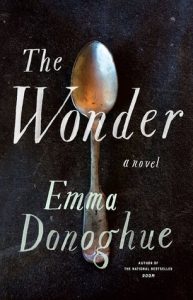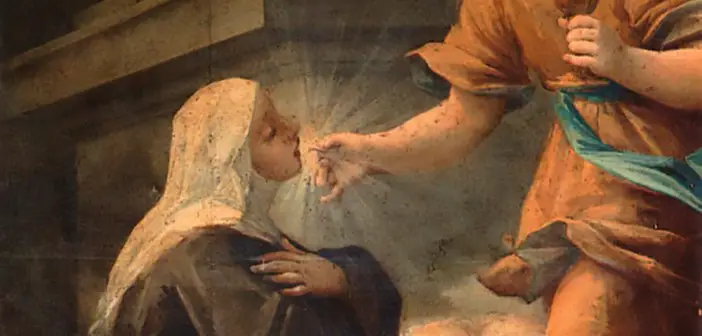 The Wonder
The Wonder
Emma Donoghue
Little, Brown and Company
Release Date: September 20, 2016
ISBN 978-0-316-39387-4
It’s 1859, and English nurse Lib Wright has been hired to travel to the Irish Midlands to observe a pending miracle – a young girl who for four months has supposedly subsisted only on “manna from heaven.” Lib is skeptical, and sure that she will be able to uncover the deceit that must be enabling the girl’s behavior. But when Lib arrives at the humble cottage where eleven year old Anna O’Donnell resides, she discovers that her task will not be nearly as simple as she first believed.
The Wonder is based on an actual historical phenomena known as the Fasting Girls – usually (but not always) pre-pubescent girls who would claim to go for long periods without food or any other kind of nourishment; often (but not always) this was ascribed to religious convictions, and the girls were declared to be miraculous. Not all of them were found to be hoaxes, and some still remain a mystery to modern thinking.
Lib is at the center of this story; caring, but skeptical, haughty, aloof. Seeing the mid-century world through her eyes is enlightening: the Irish are lazy, superstitious and not to be trusted, even in their own country; overt religion is for the ignorant and easily led; women can be proud and capable but within the limits of what is proper and established. When Lib first meets Anna and her family, she is suspicious of every word spoken, every gesture, expecting there to be some attempt to capitalize on the appearance of miracle. She affects a stance of professionalism as she awaits the opportunity to expose whatever deception is being played by the girl’s family, or even the girl herself.
However, author Emma Donoghue (Room, Frog Music) does not let the story fall into the familiar rut of conceit chipped away at by earnestness and enlightenment. Lib’s mission to root out the truth is as rigid and cold as the is the O’Donnell’s world of fervor and wonder, and they do not grow closer through mutual understanding; each are driven by a very different version of reality – and both feel equally uncomfortable and even irritating to the reader. This dissatisfaction is actually what drives the book, to great effect.
As time goes on, the truth remains frustratingly out of reach for Lib as Anna becomes both more resolute and more precious. In an attempt to understand what brought Anna to this point, Lib’s questions subtly change from the motivations for using Anna’s piety to the reasons for such deeply held devotion – but this also stirs up conflict in Lib herself, as we start to glimpse her own carefully managed secrets. As the mystery deepens and the story moves from methodical to racing, Lib faces hard decisions that not only test her sense of civility and reasoning, but also the solidity of a pragmatic life built without the need for faith.
For me, The Wonder started well and then plodded a bit, but gained speed, momentum and interest in the second half of the book (and what was “plodding” was honestly quite valuable, in that it established time, place and especially temperament, something that is key to the story). To see Lib’s release from her staunchly clutched belief system was extremely gratifying, in that it was done gradually and therefore believably; it strengthened my realization that having to overcome rhetoric and privilege is nothing new to this day and age, but has been a struggle for women (and men) throughout the ages.
While the ending was perhaps a bit disingenuous to match the practicality of the rest of the book, I still find myself musing on The Wonder, and remembering distinct details from the narrative which, I must admit, is not all that common for me. I can only attribute this to the uniqueness of the story line, the veracity of the characters, and the deft way it was written. Ms. Donoghue continues to amaze me with her ability to spin a very fine tale, indeed.
~ Sharon Browning


